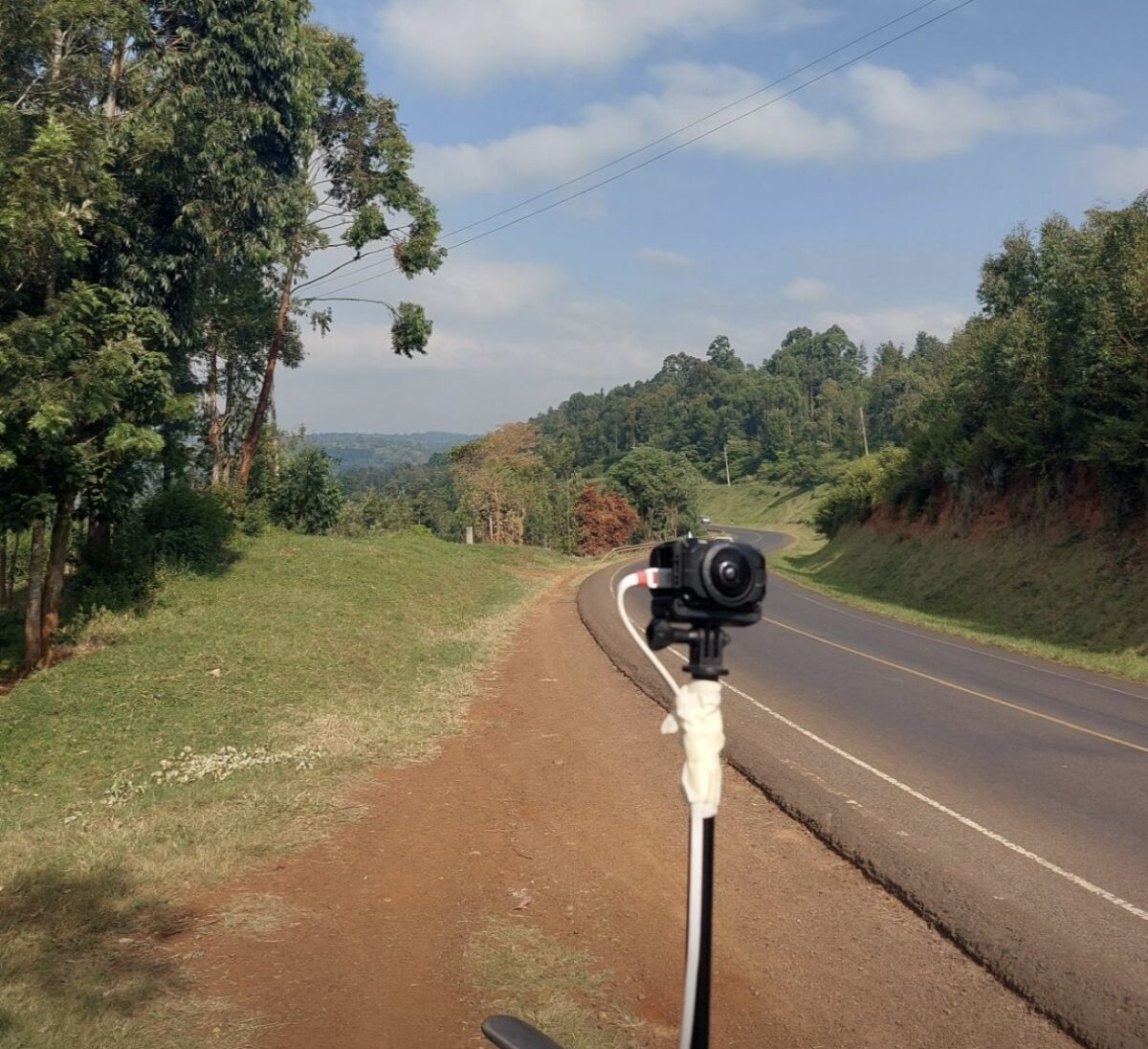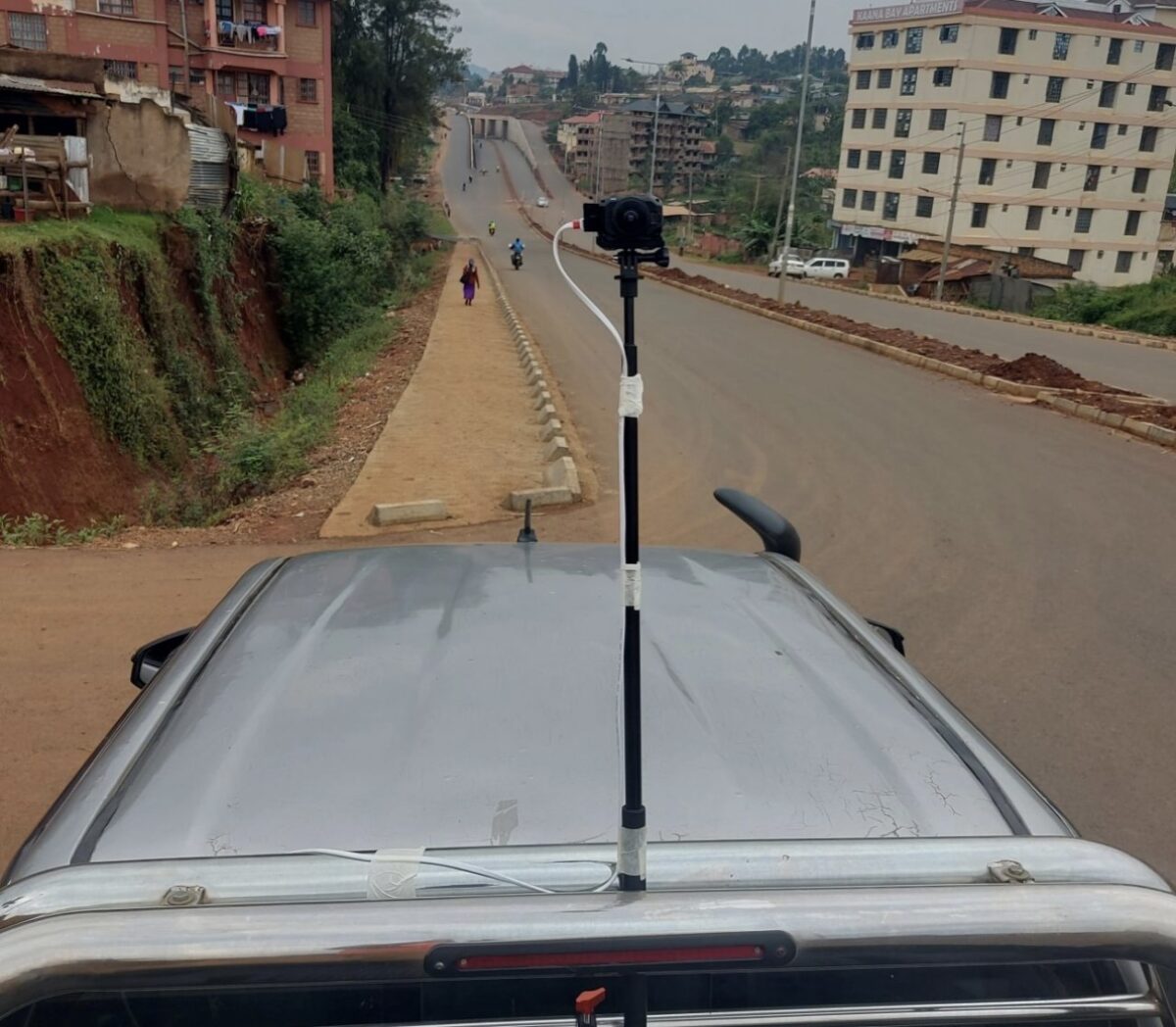Road Safety with iRAP Star Rating Assessments

Road safety is an urgent concern, particularly in countries like Kenya, where rapid infrastructure development sometimes outpaces safety measures. Every year, lives are lost to road accidents, many of which could have been prevented through proper safety planning and intervention. This is where the International Road Assessment Programme (iRAP) Star Rating Assessment becomes a game-changer. This article elaborates understanding Road Safety with International Road Assessment Programme (iRAP) Star Rating Assessments.
The Africa Regional Road Safety Seminar was held on the 8th and 9th of October 2024 in Nairobi. The seminar is organized by the Global Road Safety Partnership (GRSP), the Kenyan Red Cross Society (KRCS), the United Nations Economic Commission for Africa (UNECA) and the International Road Assessment Programme (iRAP). This seminar sought to bring together representatives from the public and private sector and GRSP’s road safety community to exchange knowledge and ideas on key road safety issues. These invaluable insights into road safety in the African context and the iRAP system, greatly assist in ensuring that our ongoing road safety projects align with global standards.
At ITEC Engineering, we’re proud to be part of a project by the Kenya National Highways Authority (KeNHA) to improve road safety through the iRAP Star Rating system. This ongoing project, focuses on both Pre- and Post-Opening road safety audits, iRAP Star Rating Assessments and black spot identification and development of Management Guidelines, Road Safety Policy and Strategy.
What is the iRAP Star Rating System?

The iRAP (International Road Assessment Programme) Star Rating Assessment is a standardised methodology designed to evaluate the safety of road infrastructure. It evaluates how well a road protects its users, from vehicle occupants to motorcyclists, pedestrians, and cyclists. The system assigns a safety rating from 1 star (least safe) to 5 stars (most safe) based on risk factors such as road design, traffic control measures, and the likelihood of collisions.
The key advantage of iRAP lies in its evidence-based framework which follows internationally recognised best practices. By systematically assessing roads, iRAP helps identify areas where safety improvements are needed and provides detailed recommendations for interventions to reduce risks and prevent accidents.
Why Governments and Consultants Embrace iRAP
The UN Global Road Safety Performance Target 3 aims for all new roads to meet technical standards that prioritize road safety for all users or achieve a 3-star rating by 2030. Target 4 specifies that by 2030, over 75% of travel on existing roads should take place on roads that meet these safety-focused technical standards for all users.
In countries like Kenya, where road fatalities are a major concern, iRAP Star Rating Assessments offer a proactive approach. Rather than reacting to accidents after they occur, the system enables engineers and policymakers to identify and address potential safety risks in advance. Roads rated 3 stars or higher are significantly safer, and the program aims to ensure that all roads ultimately meet this standard.
To achieve this, the methodologies adopted include the following:
- Crash Risk Mapping utilises crash data to show the distribution of recorded fatalities and serious injuries across a road network.
- Star Ratings offer a straightforward, objective measure of how safe a road’s design is for its users.
- Fatality Estimation Mapping depicts the expected number and distribution of fatalities and serious injuries across a road network.
- Safer Road Investment Plans (SRIP) draws on approximately 90 proven road improvement strategies to develop cost-effective, life-saving infrastructure options.
- Performance Tracking then uses Star Ratings and Crash Risk Mapping to monitor road safety performance and inform policy decisions.
Once assessed, roads receive targeted safety treatments, such as enhanced signage, traffic calming measures, or the addition of pedestrian walkways, ensuring they become safer for all road users.
ITEC Engineering’s Role in Road Safety
At ITEC Engineering, we are leveraging iRAP methodologies as part of our partnership with KeNHA and AfDB to improve the safety of key transport corridors in Kenya. As part of the project, our team is carrying out Road Safety Audits of the Kenol-Sagana-Marua (A2) road and performing Star Rating Assessments of several major road corridors across the country.
Our tasks involve:
- Identifying high-collision areas through Hazardous/Black Spot Management and recommending safety interventions
- Conducting Star Rating Assessments using the iRAP system to evaluate road safety levels
- Generating traffic volume projections based on current and future land use patterns
- Developing a Black Spot Management Guideline, which will guide future road safety interventions on high-risk sections of Kenya’s national highways.
- Updating KeNHA’s Road Safety Management Policy and Strategy to align with international standards and best practices.
Through these efforts, we help inform decision-makers on the best interventions to implement, packaging our findings into actionable projects aimed at reducing road accidents and fatalities.
Why the iRAP Star Rating System is Crucial for Kenya
Kenya’s road network is a vital artery for its economy, connecting cities, towns, and rural areas, and supporting trade and commerce. However, these roads are also the sites of thousands of accidents each year. By applying the iRAP Star Rating methodology, Kenya can systematically improve the safety of its road infrastructure and, in turn, reduce the number of fatalities and serious injuries.
Our work at ITEC Engineering supports Kenya’s Vision 2030, which prioritises the development of safe and reliable infrastructure. Through our work, we identify high-risk areas and implement targeted safety measures to ensure that as Kenya’s roads expand, they do so with safety as atop priority.
To learn more about our efforts in improving road safety across Kenya through innovative solutions like iRAP Star Rating Assessments, we invite you to visit our website. Our projects are shaping safer roads for the future and saving lives today.
Driving Change Together
At ITEC Engineering, we believe that road safety should never be compromised. By embracing cutting-edge methodologies like iRAP, we’re paving the way for safer roads, fewer accidents, and a better future for all road users in Kenya.